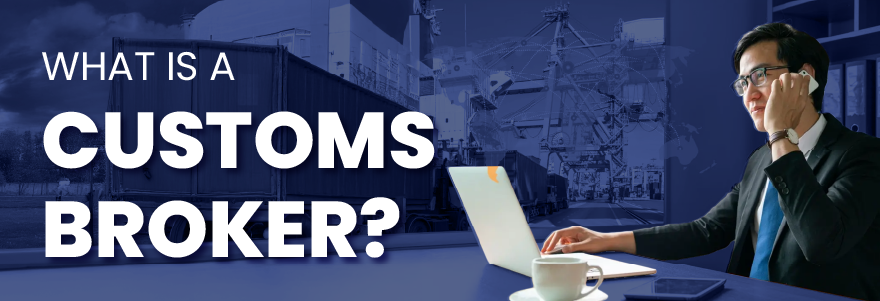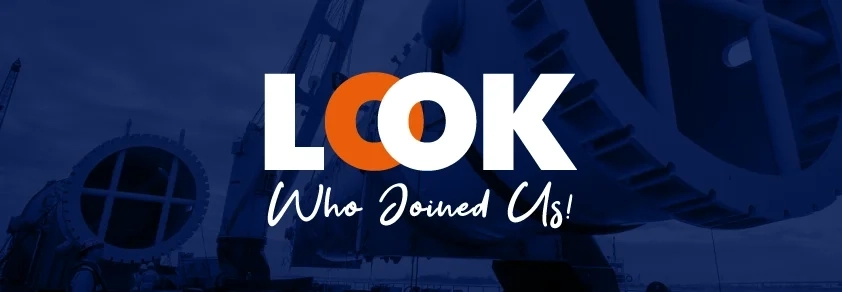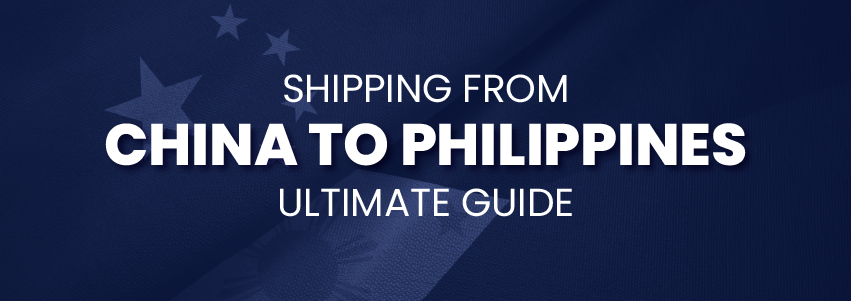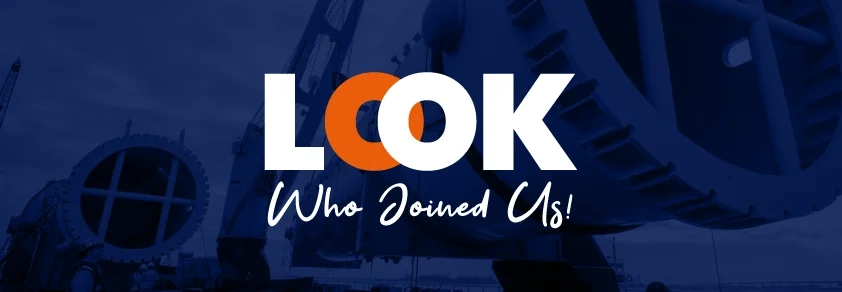What is a Customs Broker?
Table of Contents
A customs broker functions as a licensed expert who helps businesses and individuals follow customs regulations for border trade of goods. The main duty of a customs broker involves verifying that shipments follow all legal requirements while ensuring proper payment of duties and taxes and tariffs. The customs broker functions as a connection between importers and government agencies to expedite legal customs clearance of goods.
The customs broker meaning focuses on achieving smooth customs clearance of shipments while preventing delays and penalties. The process requires knowledge of international trade laws together with documentation and specific requirements for particular goods. All customs brokers including US customs brokers and international customs brokers and customs brokers for small businesses work to create a smooth international shipping process.
How To Become A Customs Broker?
The position of customs broker requires specific qualifications and procedures because it needs extensive knowledge of trade regulations and procedures. The following steps outline the general process for becoming a customs broker:
- To become a customs broker, you need to pass the customs broker license examination. The customs broker license examination evaluates your understanding of customs regulations together with tariff classification and trade law and international shipping procedures.
- Aspiring brokers usually enroll in customs broker classes or complete a customs broker course to prepare for their licensing exam. The courses teach essential knowledge about tariffs and regulations and compliance which customs brokers need to perform their duties.
- Working experience in logistics or international trade or customs procedures provides valuable benefits to potential customs brokers. Before becoming a licensed customs broker some people choose to work under an existing licensed customs broker.
- The customs broker license examination serves as a mandatory requirement for obtaining a license in numerous countries including the United States. The written tests evaluate your knowledge of customs procedures and regulations.
Canadian Customs Broker
The process to become a Canadian customs broker follows the same pattern as in the U.S. but requires compliance with Canadian laws and regulations. To become a broker in Canada one must pass the customs broker exam and obtain authorization from the Canada Border Services Agency (CBSA).
Customs Broker For Mexico
The customs brokers of Mexico who operate under the title "agentes aduanales" serve as essential figures for import and export management. The process to become a Mexican customs broker requires both educational qualifications and passing an exam and official registration with the Mexican government.
Customs Broker Training
The field of customs brokerage requires specialized training for anyone who wants to work in this profession. Various educational institutions provide customs broker courses which teach students about customs laws and international trade policies and global shipping documentation requirements. The training includes both theoretical knowledge about goods classification and hands-on instruction for proper international shipment documentation procedures.
What Does A Customs Broker Do?
A customs broker functions as a vital component to enable legal and efficient import and export operations. The customs broker handles documentation management and duty calculation and payment as well as national and international legal compliance. The customs broker delivers specialized guidance to businesses about tariffs and restrictions and regulatory requirements.
What Are Customs Broker Responsibilities?
The main duties of a customs broker consist of:
1.Customs brokers prepare and submit all necessary documentation including bills of lading commercial invoices and packing lists to customs authorities.
2.Brokers assist clients in determining the proper tariff codes for their products to achieve correct tax assessment.
3.Brokers determine all shipping fee from the USA to Australia (e.g.) as well as customs duties and taxes that apply to shipments before making the necessary payments.
4.Brokers offer their clients guidance about customs regulations and trade agreements to help them understand international trade complexities.
What Services Do Customs Broker Offer?
Customs brokers deliver multiple services which enable the efficient border crossing of goods. These include:
1.Customs Clearance: The process of customs clearance involves preparing and submitting necessary documents to clear goods through customs.
2.Tariff Classification: The process of determining the correct classification for goods to ensure proper tariff application.
3.Consultation: Providing guidance to clients about trade agreements and customs regulations and compliance requirements.
4.Handling Disputes: The company helps clients resolve import/export regulatory issues and disputes with customs authorities.
What Is The Role Of A Customs Broker In International Trade?
International trade depends heavily on customs brokers to manage the worldwide movement of goods. Through their work customs brokers help businesses follow international laws which enables them to enter global markets more easily. Customs brokers enable businesses to prevent penalties and fines and shipping delays through their customs process facilitation services.
Benefits Of Using A Customs Broker
Businesses that engage in international trade can benefit significantly from using a customs broker through several advantages.
1.A customs broker enables businesses to speed up customs procedures which results in fast and efficient clearance of goods.
2.Businesses benefit from their deep knowledge of customs broker requirements and trade regulations which prevents them from making expensive errors.
3.Brokers assist businesses to reduce expenses through proper tariff application and shipping method recommendations that minimize costs.
How To Choose A Customs Broker
The following factors should be considered when choosing a customs broker:
1.Experience: Choose brokers who have experience in your industry and with the specific countries or regions where you are importing or exporting goods.
2.Reputation: Check the customs broker list or ask for recommendations from other businesses to find a reputable broker.
3.Licensing: The broker must be licensed and certified to operate in the relevant jurisdictions.
Customs Broker Vs Freight Forwarder
The customs brokerage and freight forwarding industries operate as separate entities although their professionals collaborate frequently.
The customs clearance process falls under customs brokers who verify regulatory compliance and handle duty payments.
The freight forwarder controls all shipping logistics by arranging transportation services and warehouse management and scheduling delivery times.
A single company may operate as both customs broker and freight forwarder but it performs these roles separately.
Frequently Asked Questions
What Exactly Does A Customs Broker Do?
A customs broker assists businesses by preparing and submitting required documentation and ensuring compliance with both local and international laws.
What Are The Duties Of A Customs Broker?
A customs broker performs duties that include preparing customs documents and classifying goods and paying taxes and duties and providing compliance advice to clients.
Is It Hard To Become A Customs Broker?
To become a customs broker one must pass an exam and gain experience in the field but with the right training and knowledge it can be a rewarding career.
Do I Really Need A Customs Broker?
International traders should use customs brokers because they help maintain compliance while reducing delays and minimizing risks in their operations.
OPCA: Connecting Global Freight Services for Efficient Customs Processes
The Overseas Project Cargo Association (OPCA) provides its members with access to dependable customs broker companies and other logistics professionals. Through membership in OPCA businesses gain access to a network of experts who provide customs clearance and freight forwarding and other logistics services to facilitate efficient global trade.
For further details on freight broker services and how OPCA can support your logistics needs, feel free to explore our resources.
_logo.webp)



